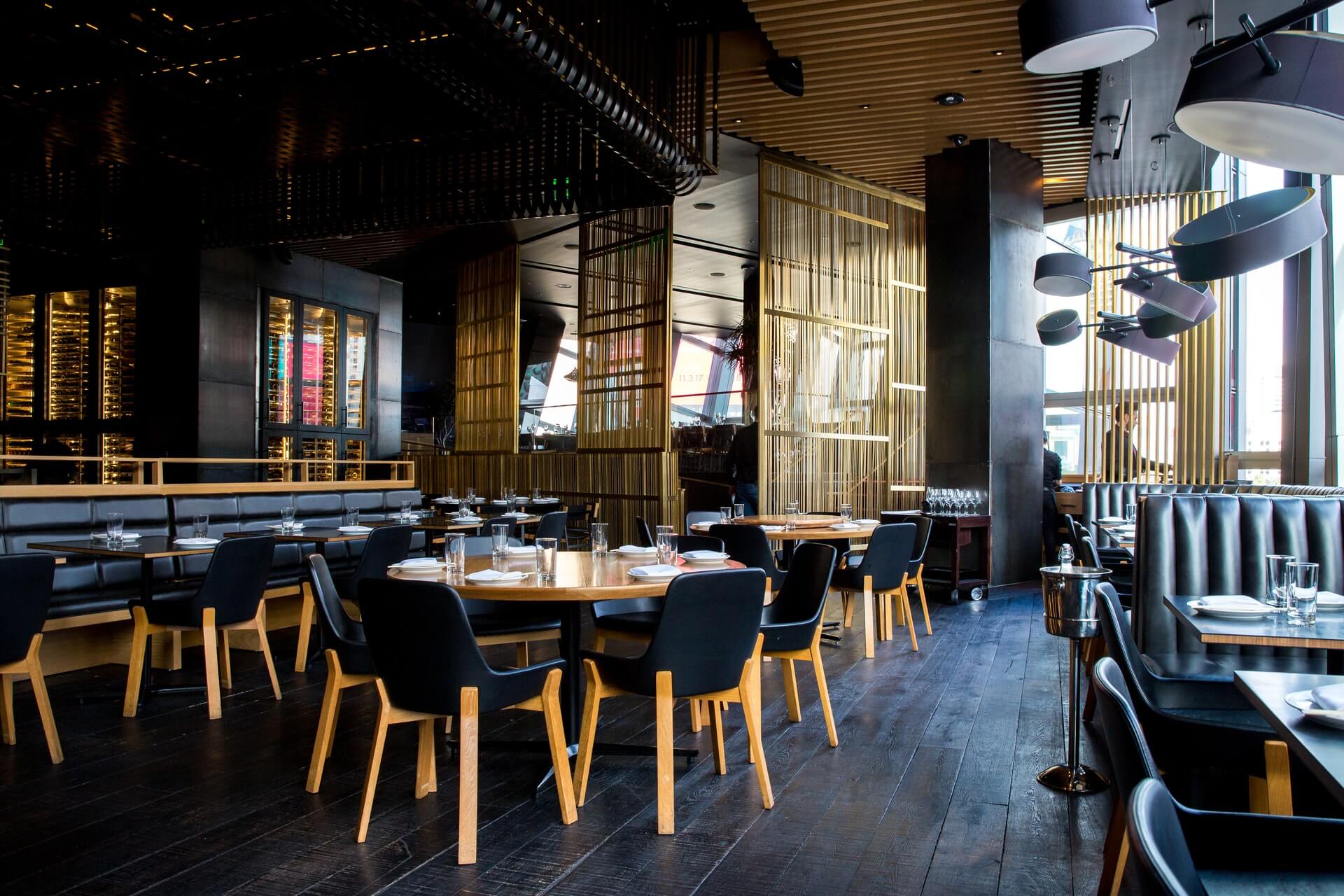What in the CDC Guidance…?
by David Klemt

The Centers for Disease Control and Prevention is once again offering Covid-19 guidance and this time it’s taking a sharp turn.
One big takeaway is that nobody was really expecting the agency’s abrupt and surprising advice.
Also, the CDC’s updates are confusing a lot of people. So much so, in fact, that the agency is “shaking up” communications personnel.
Changing Guidelines
Clearly, the CDC’s statements toward the end of last week are shocking. The agency caught states and businesses completely off guard.
Business owners, workers and the public are unsure how to interpret the CDC’s new advice. Unfortunately, that seems to indicate that perhaps the agency didn’t take the time to really dial in their message before addressing the nation.
We’ve dealt with constant shifts in guidance for more than a year now. There’s little wonder that so many Americans are experiencing Covid-19 fatigue and skepticism.
It’s fair to say that when the CDC announced updated guidelines last week, people threw their hands up in frustration.
Obviously, the messaging was haphazard since so many attempts at clarification have taken place over the course of just a few days.
So, what’s the agency saying now?
Vague at Best
Last Thursday, Dr. Rochelle Walensky, the current CDC director, said this:
“Anyone who is fully vaccinated can participate in indoor and outdoor activities, large or small, without wearing a mask or physical distancing. If you are fully vaccinated, you can start doing the things that you had stopped doing because of the pandemic.”
Which, okay—great. Seems like a simple bit of direction, right?
Obviously, no—not that simple. Yesterday, Dr. Walensky had to clarify the CDC’s newest guidance:
“This is not permission for widespread removal of masks. We were going to get to the point in the pandemic where the vaccinated could take off their masks.”
The Details, Kinda
In short, the new advice is aimed toward those who are fully vaccinated. To review, a person is considered to be fully vaccinated:
- two weeks after receiving the second dose of a two-dose regimen (Pfizer, Moderna); or
- two weeks after receiving a dose of a one-dose vaccine (Johnson & Johnson).
Last week, Dr. Walensky said that fully vaccinated people no longer needed to wear masks or practice social distancing outdoors or indoors. Of course, caveats followed immediately, leading many people to criticize the guidance as vague and, to put it bluntly, unhelpful.
The caveats? The fully vaccinated should still wear masks in crowded settings like airports, airplanes, buses and other public transportation, hospitals, homeless shelters. Also, they should continue following the guidance of their employers and local businesses.
Sifting Through the Confusion
In a nutshell, what the CDC is saying is that fully vaccinated people can return to a semblance of their normal pre-pandemic lives.
This is likely an attempt, however slap-dash or ham-fisted, to incentivize the unvaccinated to get their shots. It’s also probably another attempt at rebooting the economy.
One problem with this new guidance is that it’s vague. People still have questions, and the CDC appears to be fine with deferring to business owners. That means, once again, front-line workers have to police mask wearing and social distancing.
Our industry has been forced to shove staff into awkward and hostile situations and confrontations for over a year now. Shifting guidance and recommendations routinely give short shrift to this facet of working during the pandemic.
Another problem with the CDC’s latest guidance? We have no way of knowing who’s actually vaccinated. Because of this, many business owners are keeping mask and social distancing rules in place to protect their staff and guests. This is no doubt already leading to uncomfortable confrontations.
Staff who can’t get vaccinated for medical or religious reasons are also now being put at risk. Since we’re relying on the “honor system” regarding mask wearing and distancing, unvaccinated workers face greater risk of exposure from unvaccinated guests.
Lack of Industry-specific Guidance
We’re still learning about Covid-19. We’re still attempting to figure out best practices. And we’re still balancing the need to keep businesses open while protecting workers and the public.
But the CDC’s latest guidance isn’t helpful. Essentially, the agency is putting the onus of their recommendations on business owners and state and local policymakers. And, of course, the CDC hasn’t put forth specific guidance for restaurants, bars and other hospitality industry businesses.
The National Restaurant Association responded to the CDC’s update by saying that “restaurant operators have the option of determining how best to enforce the new guidance,” and that they wouldn’t be updating their own Covid-19 Operating Guidance just yet. Also, the NRA stated that operators would be wise to continue to work with state and local regulatory bodies to avoid falling afoul of any mandates.
Next Steps
Operators will now have to review their Covid-19 protocols, the guidance and rules in place in their local jurisdictions, and determine what’s required and what’s best for their staff. They should also consider doing the following:
- Inform staff about mask, social distancing, and other Covid-19 protocols, whether they’re being kept in place, adjusted or rescinded.
- Ask staff about their comfort levels in terms of serving guests who aren’t required to wear masks at all during their visits. It’s not just guest comfort that’s important.
- Owners and managers need to let staff know they have their backs if they’ll be enforcing protocols.
- Ownership and management must provethey’re backing up their teams. If operators think they’re facing labor challenges now, they’ll struggle even harder if they fail to back up workers who are tasked with informing guests that Covid protocols are in place.
- Operators should make their protocols known—if they’re still in place—on social, their websites, via email, and in-person so there are no surprises when guests arrive.
Once again, business owners are left to deal with the aftermath of the CDC’s “recommendations.” Now more than ever, guest-facing staff need to be supported.
Image: Simone Secci on Unsplash
![]()





